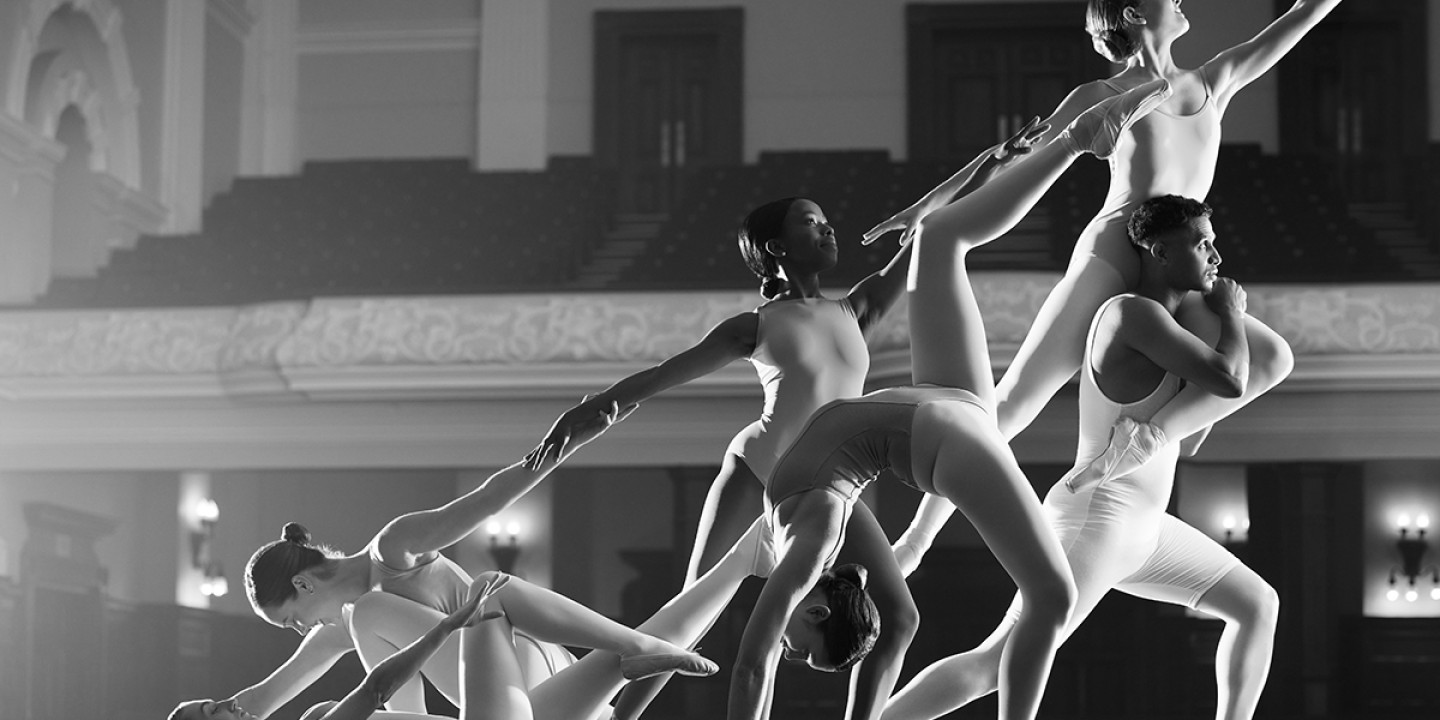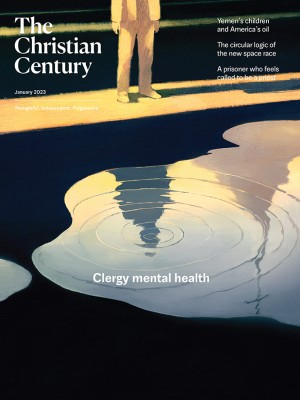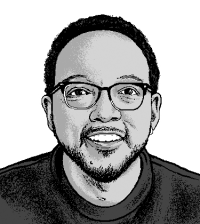Our holy, human bodies
To build the Beloved Community, we need to think and talk and act differently about bodies.

The church was the first place that taught me that my body was evil. I remember it distinctly. As wonderful and transformative as my youth group was, it was also a place where I heard almost weekly that my purpose in life was to be in deep relationship with God—and that my body was in the way. Mouth, hands, genitals—these were never described to me as possible pathways to God but only as hindrances, things I needed to control and find a way to dedicate to God.
My youth pastor wasn’t making this up or acting with violent intent. He was reading Paul, who seemed to hate his body—who was always talking about a “thorn in his flesh” and “carnal” this and that and purifying ourselves. I was hearing that sin lives in the body (Rom. 6), that it must be overcome, and that Jesus did it “so you should too.” Add the Fall in Genesis and, well, it was clear to me: the flesh was against God, and our physical bodies were nothing more than a site for spiritual warfare.
Read our latest issue or browse back issues.
The curious teenager in me soaked this up; the eager-to-please teenager was fully on board. But the perpetually horny teenager had some explaining to do. I spent a lot of time feeling guilty. (Did you know a thought was a sin too? Geez.)
But when I became acutely aware of injustice in the world—racism, sexism, ableism, poverty—I noticed something almost immediately: these are more than ideological stances, they are attacks on the body. The social forces that create deprivation cause actual, physical hunger. Racism can change the very physiologies of Black people like me and my kinfolk.
And if you pay attention, you’ll notice that today’s movements for freedom and liberation are about more than changing ignorant minds: they are about protecting bodies. You’ll also notice that many of their opponents use the church as cover. So if we are going to make progress on building the Beloved Community, we will need to think and talk and act differently when it comes to bodies.
“Whiteness knows that the more detached I am from my body, the easier that body will be to colonize and use toward whiteness’s own ends,” writes Cole Arthur Riley. Liberation theologians have argued persuasively that negligence of the body is a function of White supremacy, which seeks to negate or control bodies. Its marriage to the church some centuries ago has provided time for Christianity’s body negativity to foment. The politicization of women’s bodies, the criminalization of Black bodies, the broken health-care system—these are all fed by a basic assumption that bodies are not holy themselves but are instead obstacles to the holy. Many of us operate out of this same assumption without ever interrogating it.
If we are to rethink what solidarity means in this season—if we want to read and practice with more liberative intent—then we are going to have to expand our canon.
Black women in particular are leading the way. They are talking about embodied religious practice—one that includes their whole bodies, sexual organs included. Their queer-affirming and liberation-grounded writing is calling out patriarchal and racist language that lives deep within our bones.
Candice Benbow (Red Lip Theology) names her complicity in allowing her body to be a house for patriarchy—and her discovery of her once-smothered sexuality as a pathway to the eternal. Emilie Townes (Womanist Ethics and the Cultural Production of Evil) draws out the historical trajectory of White supremacy’s efforts to contain the spirit by dominating the body. Kelly Brown Douglas (Stand Your Ground) connects the theological to the immediately physical: “God intends black bodies to be free.” And Riley (This Here Flesh) connects the liberative to the contemplative, insisting that our attunement to God requires attunement to our bodies: “I cannot see the face of God by rejecting my own.”
Notice how these theologies are more than words about God: they are declarations about bodies. This womanist project is to restore dignity to bodies that God has already endowed, and it is a project in which we must all participate. While all theology might work in the abstract, we live in times when the rubber is meeting the road. We need to take a closer look at our theology of the body as a way of deepening our ethic and practice toward liberation. Because the truth is that what we might say on social media or at a protest often does not match what our liturgies and prayers and sermons defend. And this tension, too, we feel inside our blessed bodies.
At the Last Supper, Jesus doesn’t say anything about the remission of sins. He says, “This is my body.” Jesus inhabited a body, and if we read scripture through a more humane lens, we notice all these moments where God not only affirms and dignifies bodies but also uses those often broken and limited bodies to make the miraculous real. God’s grace performs not in spite of us but through us.
As my therapist is always reminding me, we only experience the Spirit through our bodies. We hear and feel; we sense and intuit; our heart is an organ just like the kidneys and uterus. Our flesh is the only way we experience God at all.
If our bodies are so evil, then why does God move so much through them? Because God’s not the one who has a problem with bodies. We are.




